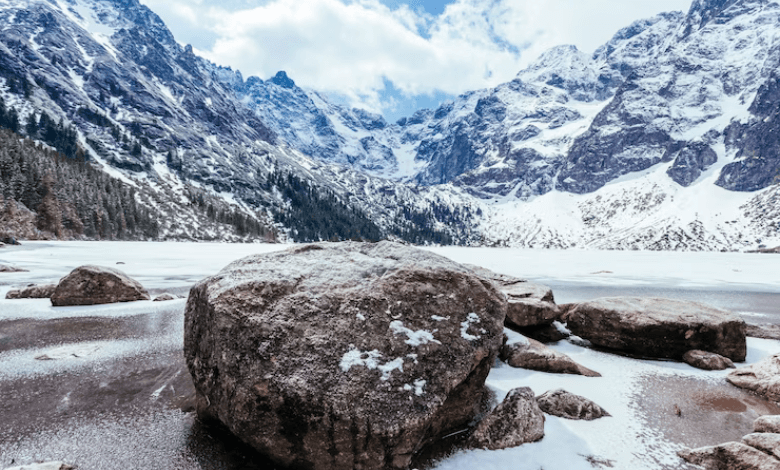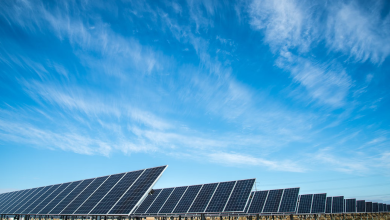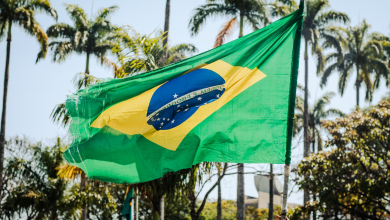Extreme Weather Wiping Out Swiss Glaciers Faster than Ever

Swiss glaciers are at the brunt of climate change and extreme weather, melting faster than ever before. In 2023, about 4 percent of glaciers in Switzerland have been destroyed, which according to the Swiss Commission for Cryosphere Observation of the Swiss Academy of Sciences, is the second largest decline since measurements began.
A total of 10 percent of the ice volume disappeared in only two years as was seen between 1960 and 1990. The latest report says Swiss glaciers are melting rapidly at an increasing rate. The melting is happening faster in winters with very low volumes of snow and hot summers.
The report puts spotlight on the lack of winter rain in the Alps and very warm temperatures which led to record-low snowfall and massive loss of ice.
Melting Glaciers Affecting Switzerland
Switzerland’s 1400 glaciers, as per research, have lost more than half their total volume since the early 1930s. And climate change is accelerating the melting process of the glaciers in the region. The latest report by SCNAT highlights melting of several metres in southern Valais and the Engadin valley, at a level of 3200m.
It says the average ice thickness loss here is up to 3 meters and is considerably higher than the values recorded in the hot summer of 2003. “The situation between the Bernese Oberland and the Valais is less dramatic as more snow lies here during the winter.” But a loss of over 2 metres of the average ice thickness is extremely high.
SCNAT said conditions at a level above 1000 m stand out in February and the beginning of March. “Snow depths measured in the first half of February were in the main somewhat greater than in the winters of 1964, 1990 or 2007.” This was characterized by low snowfalls.
Dry and Warm June Caused For Melting of Glaciers
Experts say Spring was okay, but a dry and warm weather in June prompted the snow to melt earlier by two to four weeks than usual. This was the third warmest summer, with temperatures hitting the limit of zero degrees. And isolated summer snowfalls disappeared quickly.
ALSO READ: Assess South Korea’s Deepening Focus On Ending Plastic Pollution
Earlier this month, Matthias Huss, glacier watcher, said warm early summer and heat waves caused severe glacier melt in Switzerland.
Experts say the zero-degree Celsius level had risen to its highest altitude since recordings on it in Switzerland began nearly 70 years ago. This means the Alpine country’s mountains recorded temperatures above freezing.



